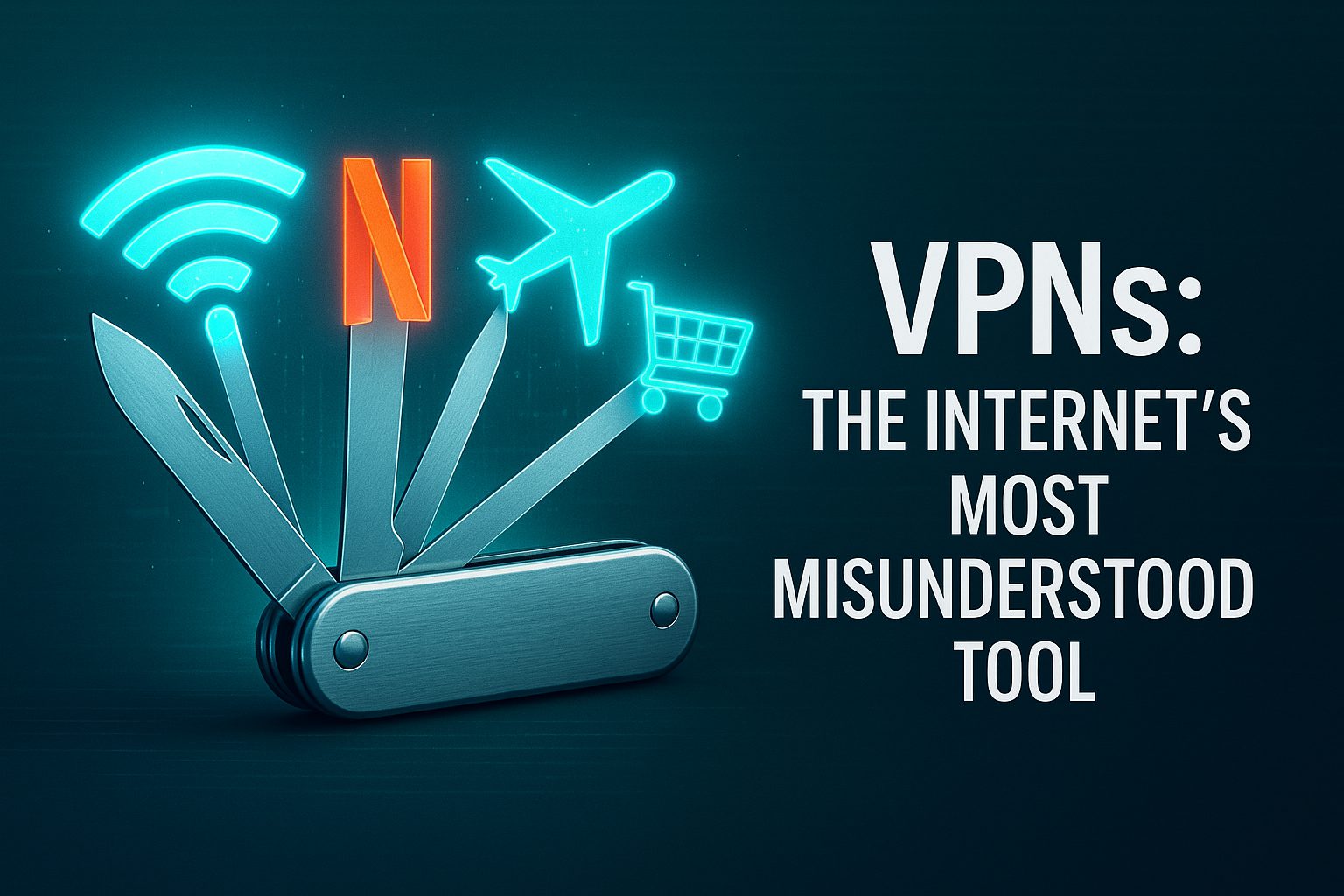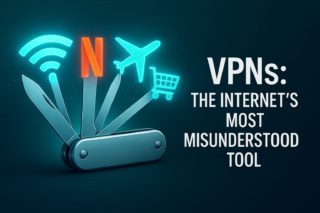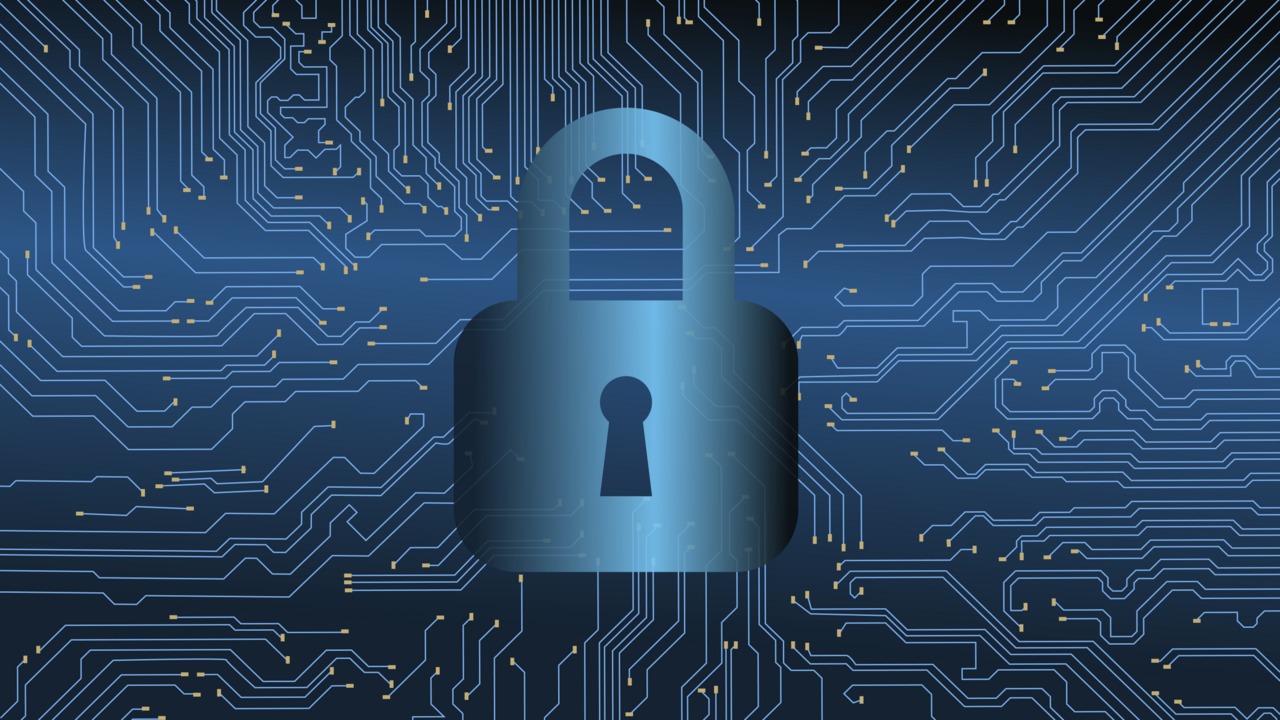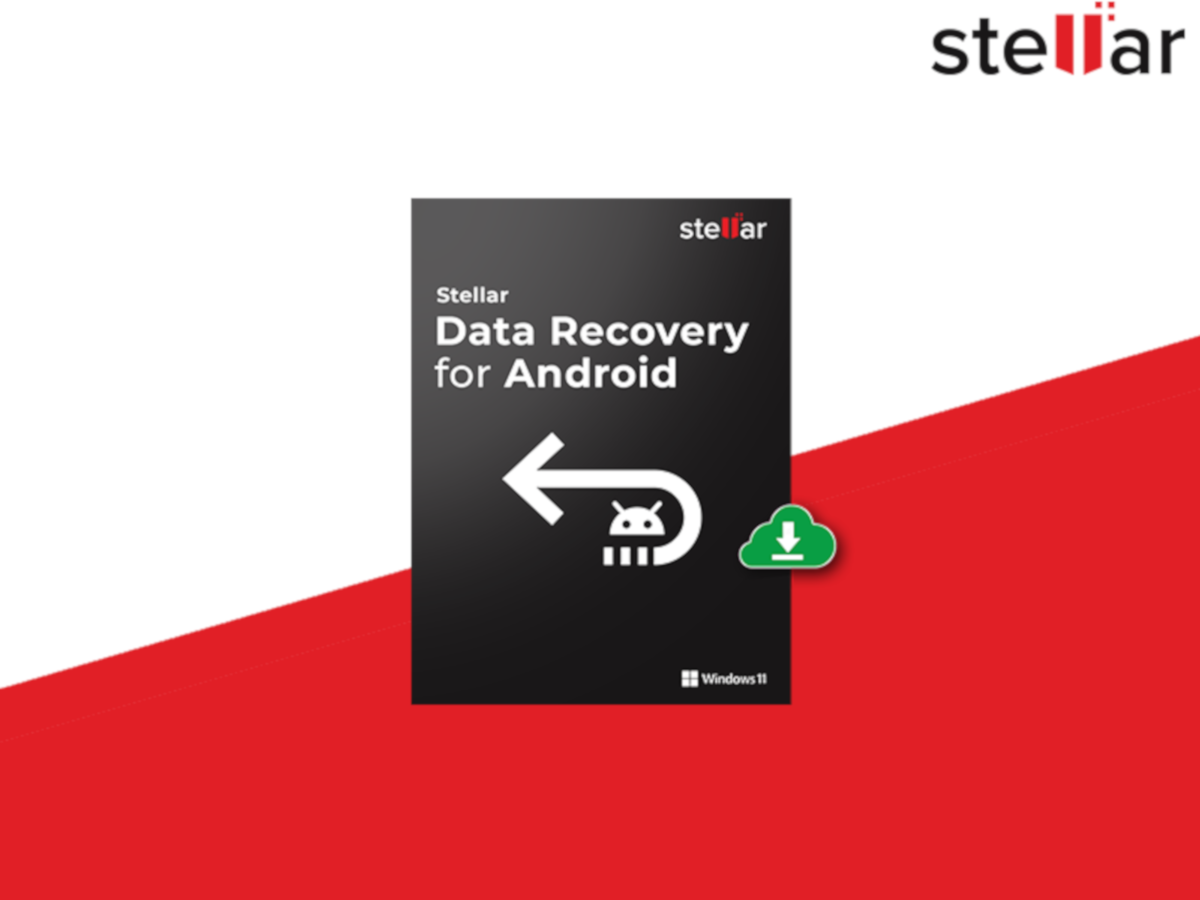Most people think VPNs are just digital invisibility cloaks for sketchy internet behavior. Sure, they’ll encrypt your connection and mask your IP address, but that’s like using a Swiss Army knife only as a bottle opener. These virtual tunnels pack way more utility than just keeping your data safe from coffee shop hackers.
1. Increase The Size of Your Netflix Library

Access shows and movies unavailable in your region by virtually relocating yourself.
Ever notice how Netflix’s library looks completely different when you’re traveling? That’s geo-blocking in action, and VPNs can help you work around it. By connecting to a server in another country, you can access streaming content that’s normally locked to that region. Just remember that streaming services are catching onto this trick and actively try to block VPN traffic, so results may vary. A reliable VPN like Surfshark is one of the few that consistently unlocks regional Netflix libraries without buffering headaches.
2. Save Money on Travel Bookings

Airlines and hotels often show different prices based on your location.
Flight booking sites have turned dynamic pricing into an art form that would make surge pricing look amateur. Connect through a VPN server in a different country before searching for flights or hotels, and you might discover significantly lower prices. This isn’t guaranteed savings magic, but travel booking sites do adjust pricing based on your perceived location and purchasing power.
3. Bypass Workplace Internet Restrictions

Access blocked websites when your office Wi-Fi feels more restrictive than a helicopter parent.
Corporate firewalls block everything from social media to news sites, creating digital work environments that feel more locked down than a maximum-security prison. A VPN can tunnel through these restrictions, though proceed with caution. Check your company’s internet usage policy first, because getting caught might land you in more trouble than missing your lunch break Twitter scroll.
4. Avoid ISP Bandwidth Throttling

Prevent your internet provider from slowing down specific types of traffic.
Some internet service providers throttle bandwidth for activities like streaming or gaming during peak hours. Since VPNs encrypt your traffic, your ISP can’t see what specific activities you’re doing online, making it harder for them to selectively slow down certain types of content. This works better for some throttling methods than others.
5. Access Region-Locked Websites

Visit sites that block traffic from your country or region.
Government censorship and regional content restrictions can make the internet feel like a jigsaw puzzle missing half its pieces. VPNs help you access websites blocked by routing your connection through servers in countries where those sites remain available. This applies to everything from news websites to social media platforms that might be restricted in certain regions.
6. Test Websites From Different Locations
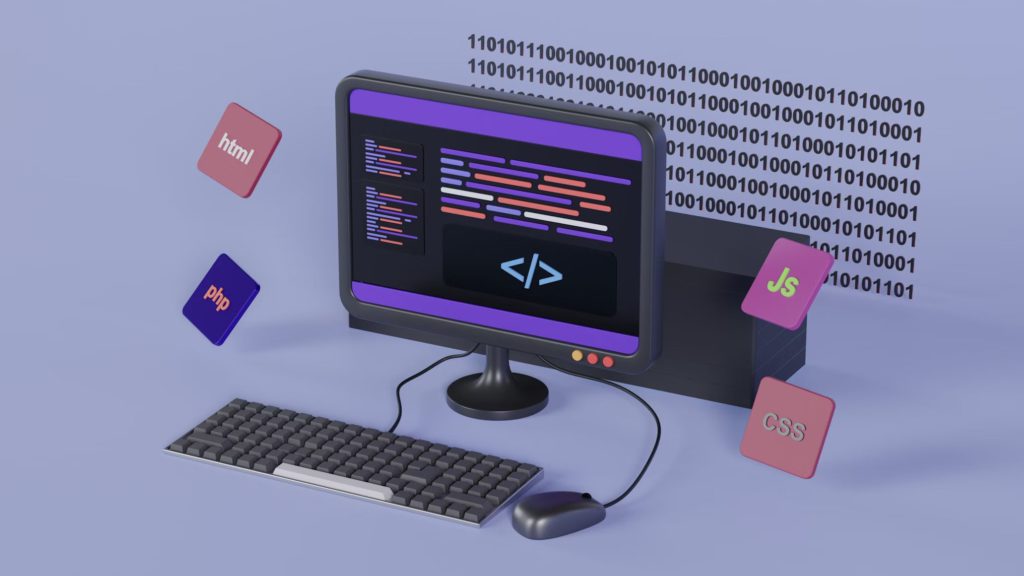
See how your content appears to users in other countries.
Web developers and digital marketers use VPNs to test how their sites perform for international audiences. Different regions might see different content, pricing, or even completely different versions of websites. This geographic testing helps ensure consistent user experiences across markets.
7. Reduce Online Price Discrimination
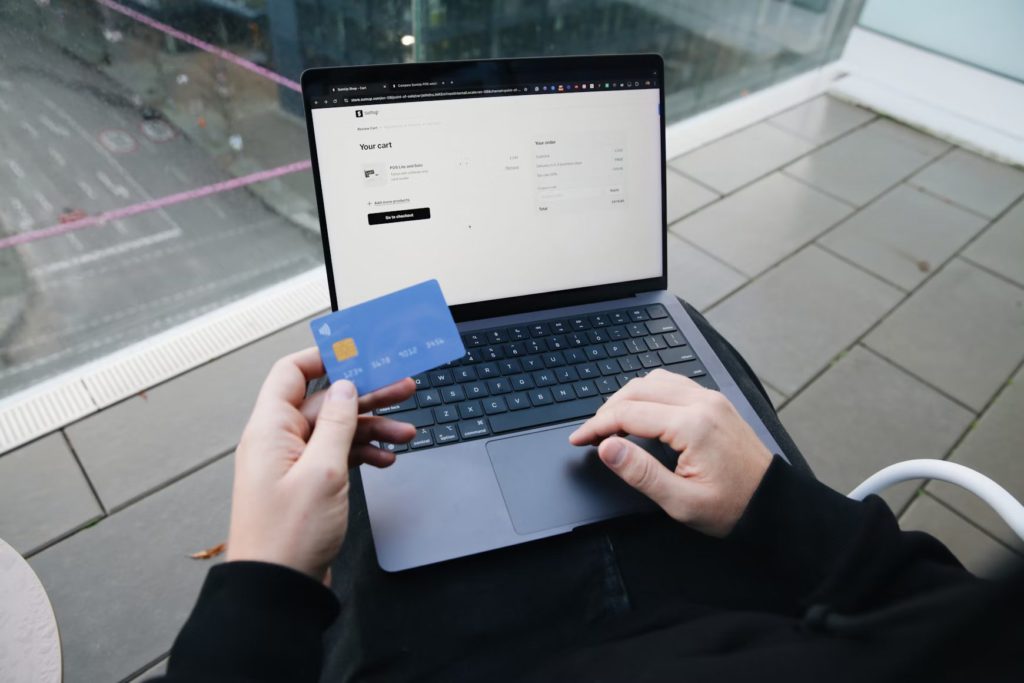
Avoid paying more for the same product based on your location.
Online retailers sometimes adjust prices based on your geographic location, browsing history, and perceived purchasing power. While VPNs won’t eliminate all forms of price discrimination, they can help level the playing field by masking some of the data points that retailers use for dynamic pricing algorithms.
8. Secure Public Wi-Fi Connections
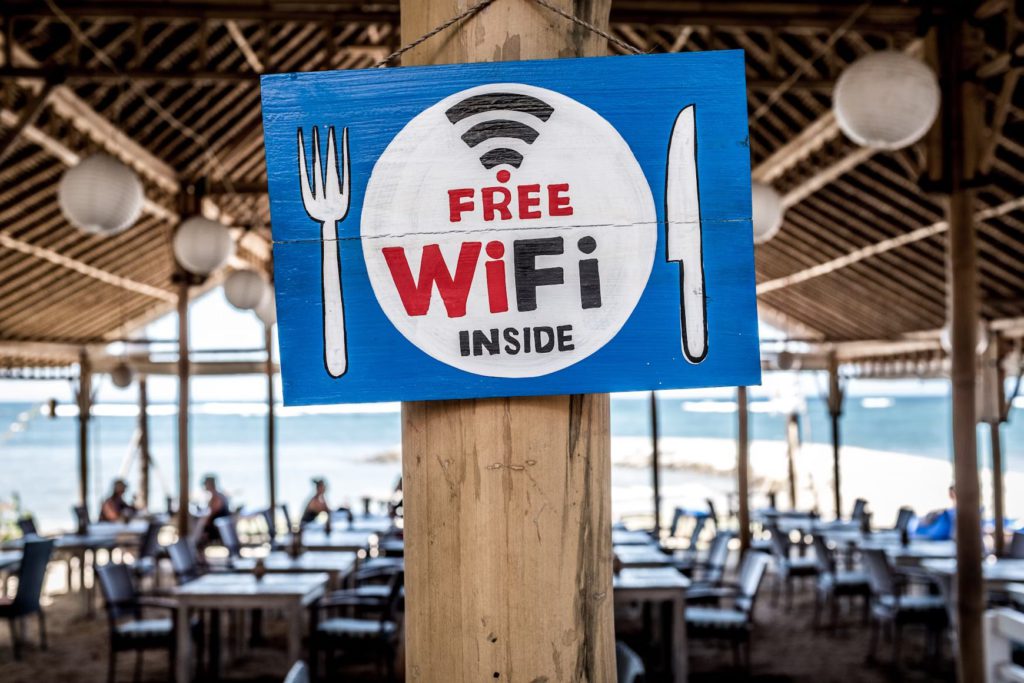
Turn sketchy coffee shop internet into something more trustworthy.
Public Wi-Fi networks are basically digital wild west territories where anyone with basic hacking skills can intercept your data. VPNs create encrypted tunnels for your internet traffic, making it significantly harder for bad actors to snoop on your online activities. The FCC officially recommends using VPNs on public networks. If you’re logging on from airports or cafés, Surfshark’s automatic Wi-Fi protection kicks in the moment you connect — no manual setup required.
9. Enable Safe Torrenting

Hide your IP address when downloading through peer-to-peer networks.
Torrenting exposes your IP address to everyone in the swarm, which isn’t ideal for privacy or safety. VPNs mask your real IP address, adding a layer of protection when using BitTorrent or other P2P protocols. This doesn’t make illegal downloads legal, but it does provide privacy protection for legitimate torrenting activities.
10. Access Regional App Stores
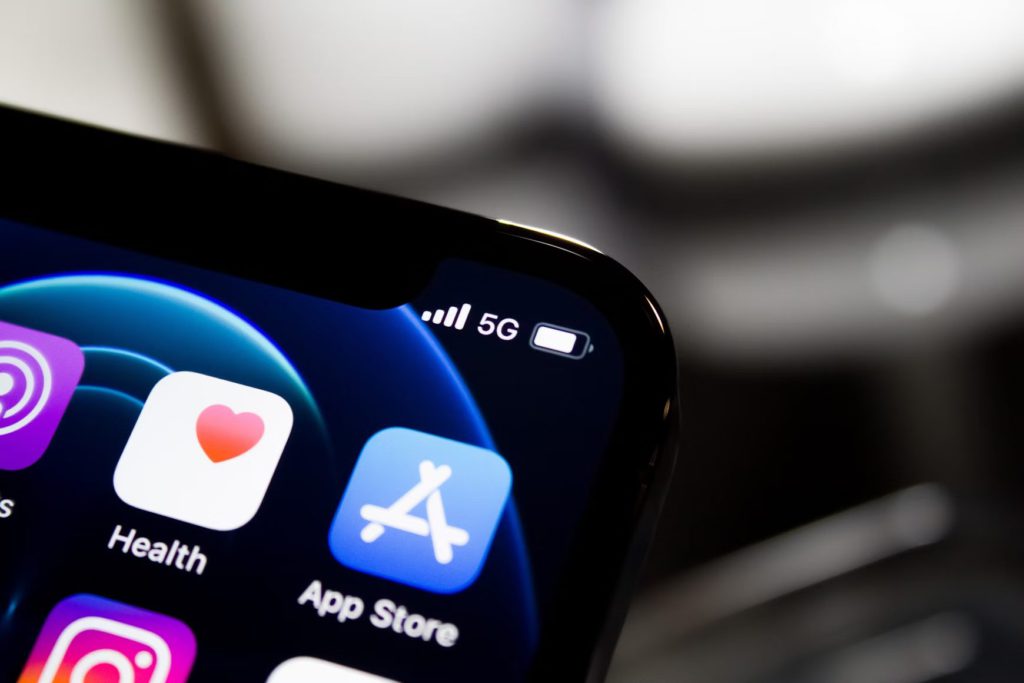
Download apps that aren’t available in your country’s app store.
App availability varies dramatically between regions due to licensing restrictions, local regulations, or developer preferences. VPNs can help you access different regional app stores by making it appear as though you’re browsing from another country. This works particularly well for mobile games and apps with limited geographic availability.
11. Improve Gaming Performance

Potentially reduce lag by routing through less congested network paths.
Some gamers use VPNs to connect to game servers through less congested routes, potentially reducing ping times and improving connection stability. Results vary significantly based on your location, the VPN service quality, and the specific game servers you’re trying to reach. It’s not a guaranteed performance boost.
12. Conduct Anonymous Research

Browse sensitive topics without revealing your organizational identity.
Journalists, researchers, and competitive intelligence professionals use VPNs to conduct online research without revealing their identity or organizational affiliation. This prevents websites from tracking research patterns back to specific companies or individuals, maintaining confidentiality during sensitive investigations. For journalists or researchers, Surfshark’s No-Logs policy ensures your browsing stays off the record — even under pressure.


